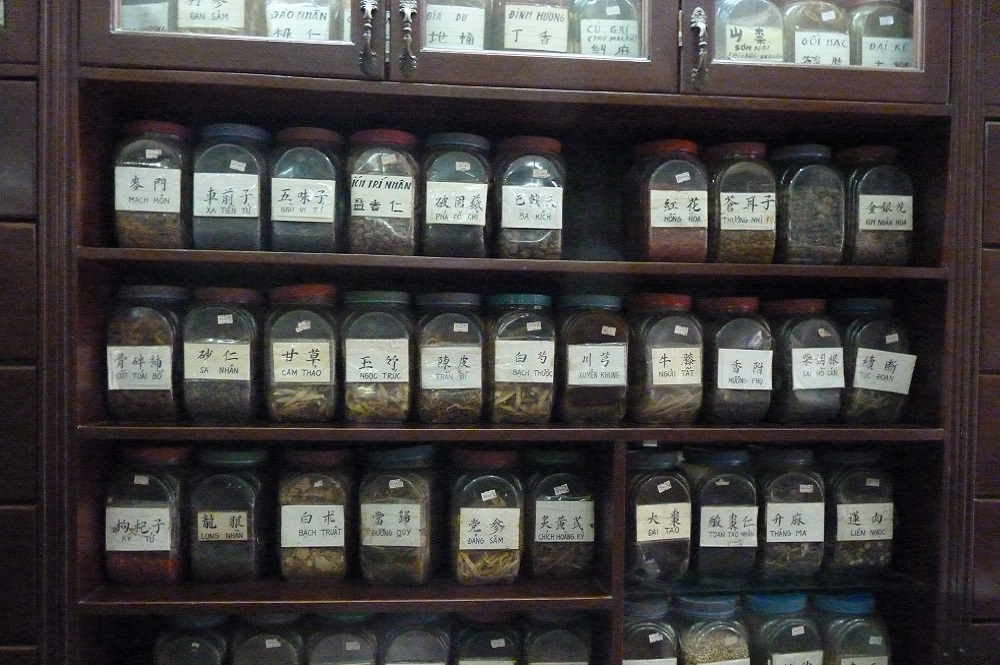Viet Nam, alongside China, is one of the main consumer countries of rhino horn. Most often, rhino horn is illegally purchased to be displayed or used as a symbol of wealth, status and power. But this hasn’t always been the case. For centuries, rhino horn has been used in Traditional Medicine practices to ‘dispel heat, detoxify and cool the blood, and treat fevers or diseases’. It has been claimed that rhino horn could treat anything from a mild hangover, to curing cancer. Yet, whilst some believe rhino horn has these medicinal properties, there’s no scientific evidence to prove it.
As you’ll know, these uses (as a symbol of wealth and in medicine) drive demand for rhino horn, causing rhinos to be horrifically killed for their horns every day.
Thankfully, last week, we heard some positive news from Viet Nam. Our partner, TRAFFIC Viet Nam, has highlighted the importance of wildlife and nature for many years. Most recently, they gathered 60 people from across Viet Nam’s Traditional Medicine sector to promote solutions that could stop the use of endangered wild animal parts in medical treatments.
Nguyen Tuyet Trinh, TRAFFIC Viet Nam Office Director, shared,
“Traditional Medicine practitioners have a huge influence on what patients choose to buy, so I’m encouraged that through our work with the Viet Nam Orientally Traditional Medicine Association, practitioners are willing to change their advice. What is critical, however, is for practitioners to switch to safe, legal and sustainable plant-based alternatives with no delay, to stop the adverse effects on species and international crimes.”
Find out more about TRAFFIC’s work and this latest news here.









